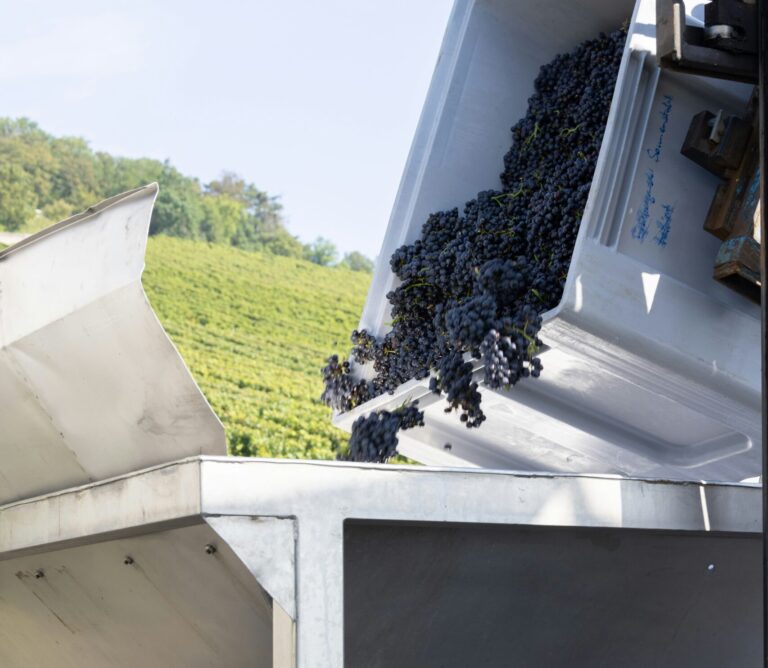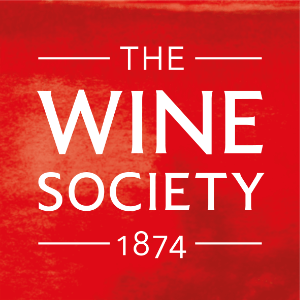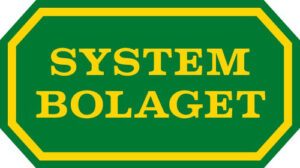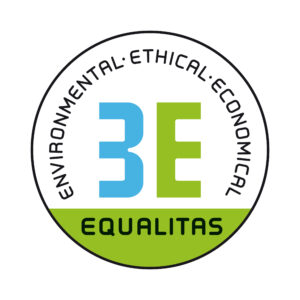SWR Releases Second Round of Sustainability Standards Benchmarking
The Sustainable Wine Roundtable (SWR) is pleased to announce the release of its second round of Standards Benchmarking, building on the momentum of last year’s Pilot Report and continuing the work to bring clarity and comparability to wine sustainability standards worldwide.
With more than 40 sustainability standards in use worldwide, it can be difficult to see how they align or differ. SWR’s benchmarking process, built around the Global Reference Framework (GRF) – the first global statement of what sustainability in wine entails – offers a clear, structured way to compare standards and drive alignment on meaningful progress.
This round covers eight sustainability standards, from long-established local programmes to broad international frameworks. Locally rooted initiatives include Fair Choice (Germany), Terra Vitis (France), Napa Green (USA), the Wines of Alentejo Sustainability Programme(Portugal), COVIAR – Argentinian Wine Sustainability Self-Assessment Guide (Argentina), and the Sustainability Code of the Chilean Wine Industry(Chile).
For the first time, our benchmark also assessed two global, non-wine-specific certifications – EU Organic and Demeter Biodynamic– which apply across agricultural sectors.
Dr. Peter Stanbury, Research Director at SWR, comments:
“The aim of this process is not just to say which standards provide a credible journey to sustainability, and which may not, it’s about how, over time, we improve all of these standards bodies’ work and make them better globally.”
Across the eight standards reviewed, several shared themes emerged:
The challenge for smaller producers
Certification often comes with financial and administrative burdens that can put it out of reach for smaller wineries. As SWR Operations Manager Delaney Sheridan notes:
“In a fragmented industry like wine, smaller players also really need to be a part of it if sustainability is going to work at scale.”
Some standards are addressing this with creative solutions, from grants and sponsorship support to streamlined paperwork.
What to do about bought in grapes
Standards vary widely in how they address grapes from non-certified sources, with some setting strict limits and others leaving the issue less defined. Dr. Stanbury emphasises:
“This is an important issue and cuts to the heart of how credible a standard label is in demonstrating good sustainability performance.”
In response, the Global Reference Framework will be updated to include clear requirements on this topic in future rounds.
Reflecting on non-wine-specific standards
EU Organic and Demeter Biodynamic were the first cross-sector frameworks reviewed. While they offer strong brand recognition and wide applicability, they also face challenges in addressing the detailed, context-specific needs of viticulture. As Dr. Stanbury notes:
“The amount of detail that the wine-specific standards are able to provide is absolutely phenomenal… Broader standards aren’t able to provide that level of insight, and in some cases their requirements can even clash with vineyard realities.”
For the remaining findings, and a closer look at our benchmarking process and results, download the full public report below.
These findings are also discussed in SWR’s latest webinar, which is available to watch online. For a look back at last round’s results, read the public version of our Pilot Report.
Learn More
Visit our Standards Benchmarking page to dive deeper into this work and discover how it aligns with our other key efforts, such as the Bottle Weight Accord, Sustainable Viticulture Protocol, and Labour Standards.
Join the SWR membership to gain exclusive access to the full report and become part of a global effort driving sustainability in the wine industry. For more information about supporting our initiatives, please visit our Wine List.






